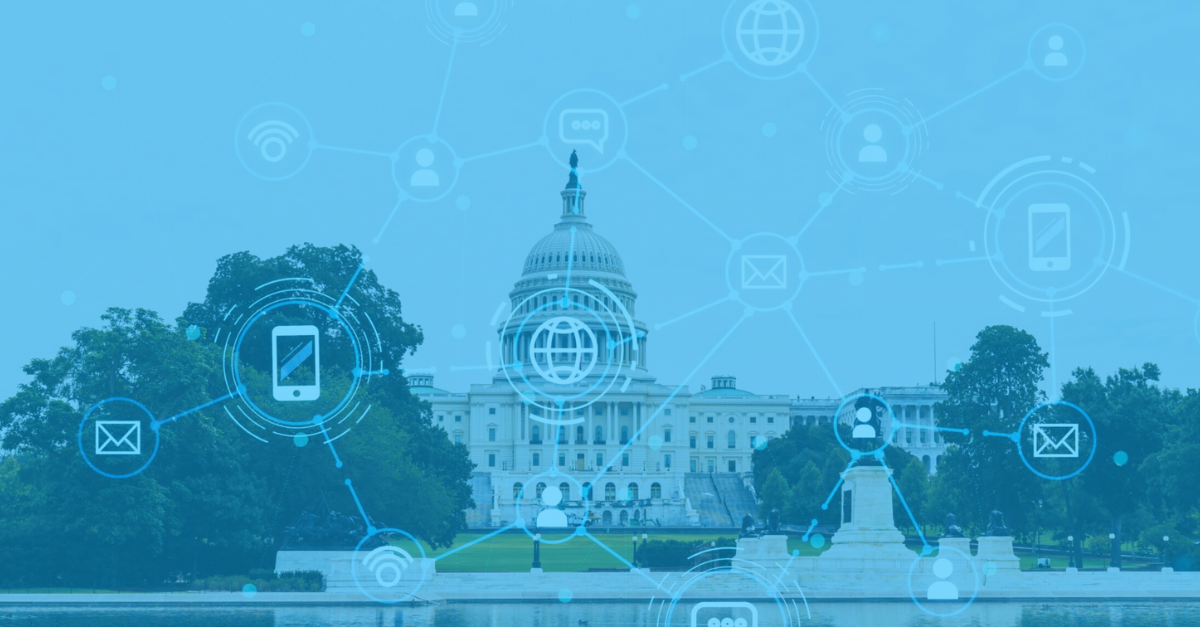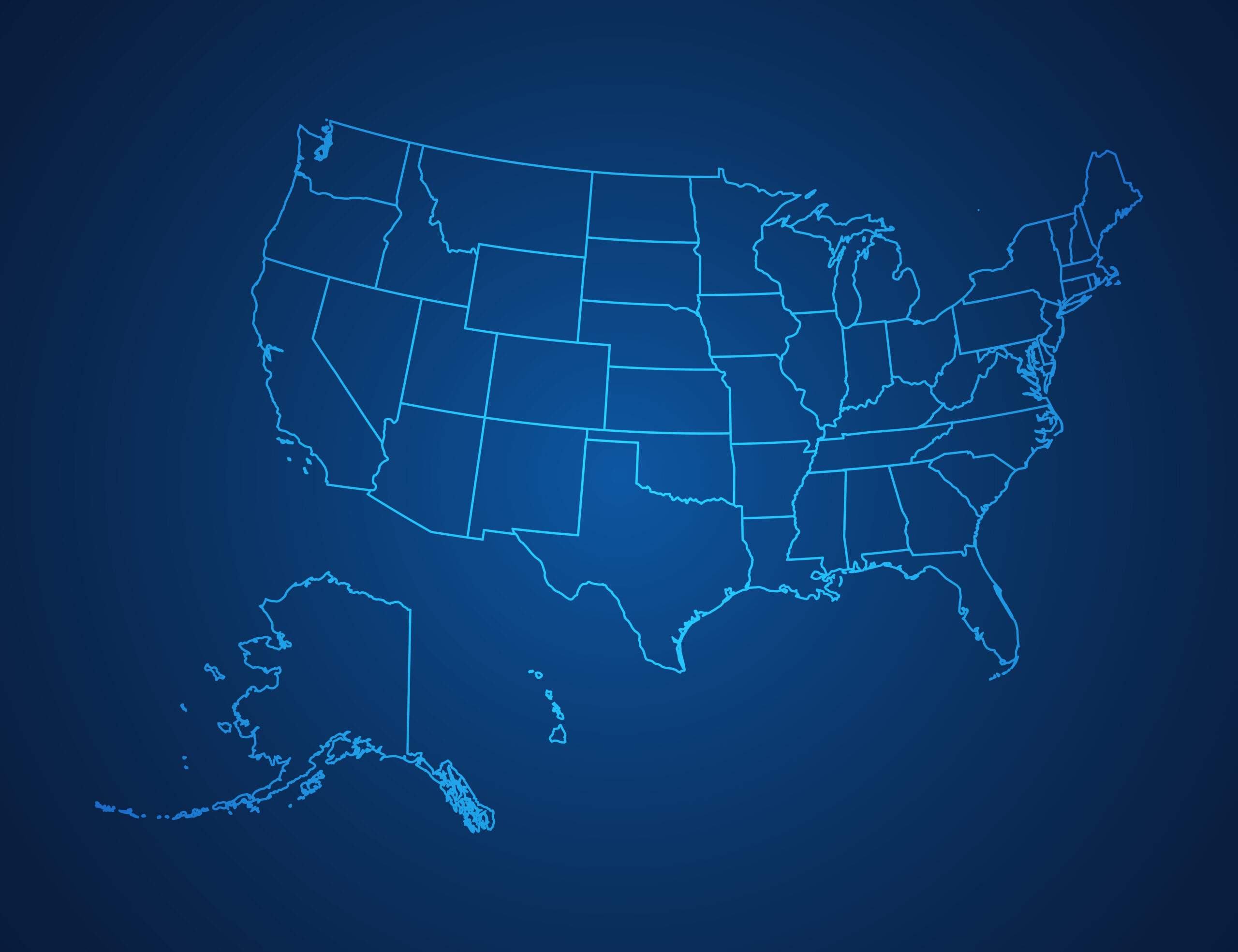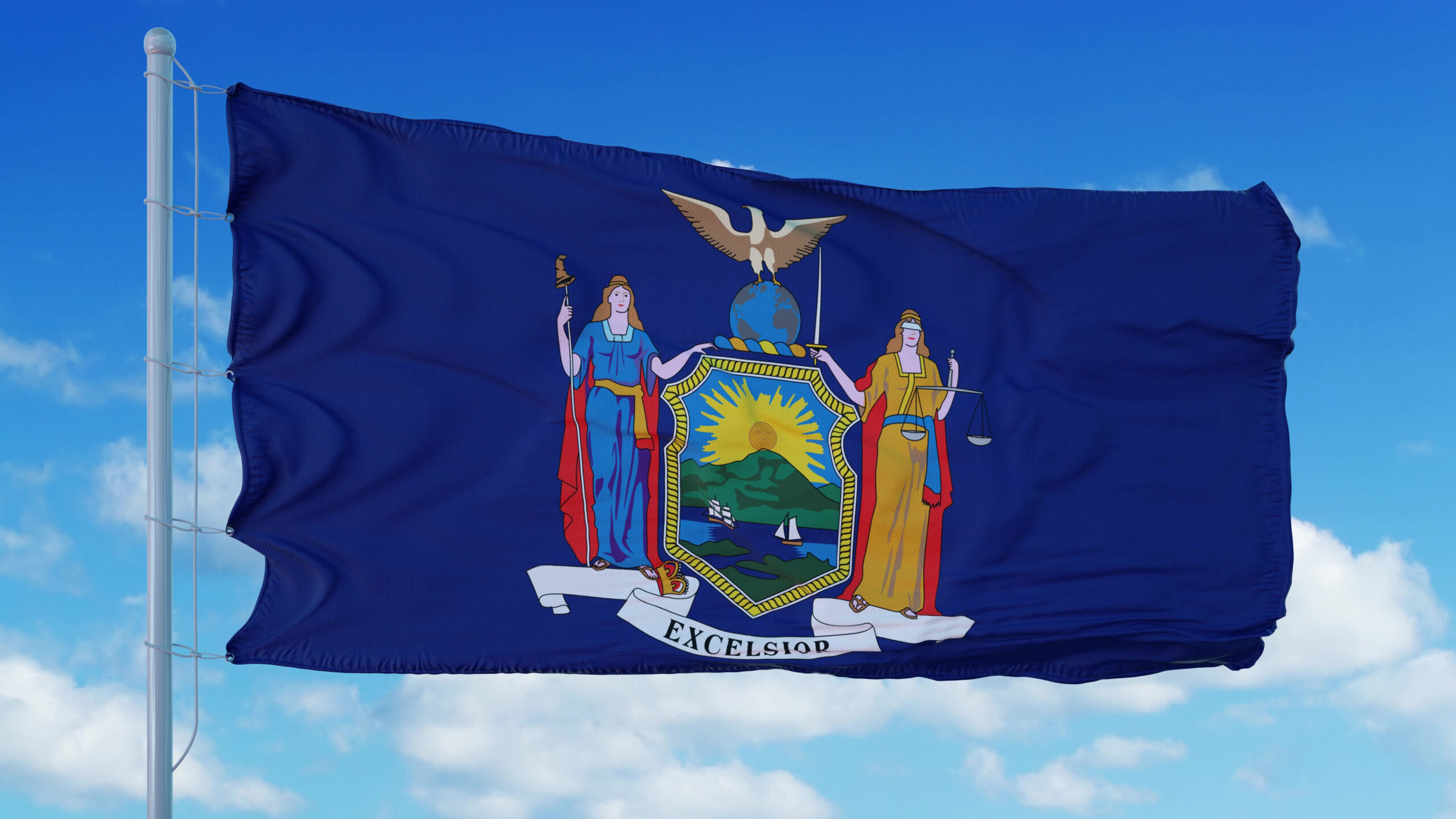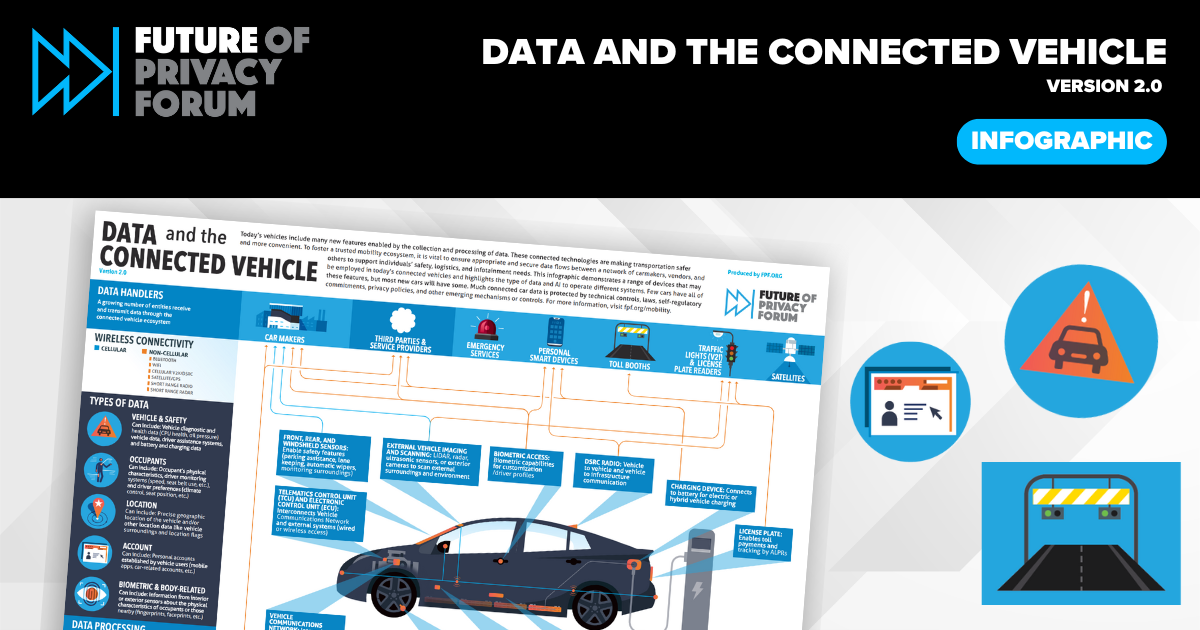
U.S. Privacy Landscape
U.S. Privacy Landscape JANUARY 28, 2025 @ 12:00 – 2:00 PM EST Why Understanding U.S. Privacy Laws is Essential in 2025. Commercial privacy in the United States is regulated through a maze of state and federal laws and regulations. There are sector-specific privacy laws at the state and federal levels, active federal enforcement bodies with […]

The African Union’s Continental AI Strategy: Data Protection and Governance Laws Set to Play a Key Role in AI Regulation
By Chuma Akana, Former FPF Global Privacy Summer Fellow and Mercy King’ori, FPF Policy Analyst, Global Privacy The African Union (AU) Executive Council, composed of representatives of the 55 African Member States, approved the highly anticipated AU AI Continental Strategy (the Strategy) in July 2024. The adoption of the Strategy follows a period of stakeholder […]

FPF Training Program 2024 – FAQs
fpf training program faqs The Future of Privacy Forum (FPF) brings the public training sessions on a variety of topics in AdTech, AI & Machine Learning, Data Privacy, and more – all led by industry experts. Please view our most commonly-asked questions so you are prepared and know the details and policies of our program […]

U.S. Legislative Trends in AI-Generated Content: 2024 and Beyond
Standing in front of the U.S. flag and dressed as Uncle Sam, Taylor Swift proudly proclaims that you should vote for Joe Biden for President. She then wants you to vote for Donald Trump in a nearly identical image circulated by former President Trump himself. Both the images, and the purported sentiments, are fabricated, the […]

Do LLMs Contain Personal Information? California AB 1008 Highlights Evolving, Complex Techno-Legal Debate
By Jordan Francis, Beth Do, and Stacey Gray, with thanks to Dr. Rob van Eijk and Dr. Gabriela Zanfir-Fortuna for their contributions. California Governor Gavin Newsom signed Assembly Bill (AB) 1008 into law on September 28, amending the definition of “personal information” under the California Consumer Privacy Act (CCPA) to provide that personal information can […]

The Privacy Act of 1974: 50 Years Later Virtual Webinar
The Future of Privacy Forum (FPF) and the FPF Center for Artificial Intelligence invite you to join us for a live virtual webinar on Thursday, November 21 from 12:00 – 1:00pm ET to commemorate the 50th anniversary of the passage of the Privacy Act of 1974.* We will explore the significance of the milestone U.S. […]

Future of Privacy Forum Convenes Over 200 State Lawmakers in AI Policy Working Group Focused on 2025 Legislative Sessions
The Multistate AI Policymaker Working Group (MAP-WG) is convened by FPF to help state lawmakers from more than 45 states to collaborate on emerging technologies and related policy issues. OCTOBER 21, 2024 — In the lead-up to the 2025 legislative session, FPF is excited to convene the expanded Multistate AI Policymaker Working Group (MAP-WG)—a bipartisan […]

Synthetic Content: Exploring the Risks, Technical Approaches, and Regulatory Responses
Today, the Future of Privacy Forum (FPF) released a new report, Synthetic Content: Exploring the Risks, Technical Approaches, and Regulatory Responses, which analyzes the various approaches being pursued to address the risks associated with “synthetic” content – material produced by generative artificial intelligence (AI) tools. As more people use generative AI to create synthetic content, […]

FPF Submits Comments to Inform New York Children’s Privacy Rulemaking Processes
At the end of the 2024 legislative session, New York State passed a pair of bills aimed at creating heightened protections for children and teens online. One, the New York Child Data Protection Act (NYCDPA), applies to a broad range of online services that are “primarily directed to children.” The NYCDPA creates novel substantive data […]

Updated FPF Infographic Explores Data in Connected Vehicles
Today, The Future of Privacy Forum is launching the Data and the Connected Vehicle Infographic 2.0, including new updates to account for the types of data associated with connected vehicles, features in and outside of the vehicle, and data handlers who receive and process data. Lawmakers, manufacturers, privacy professionals, and consumers are actively engaged in […]
